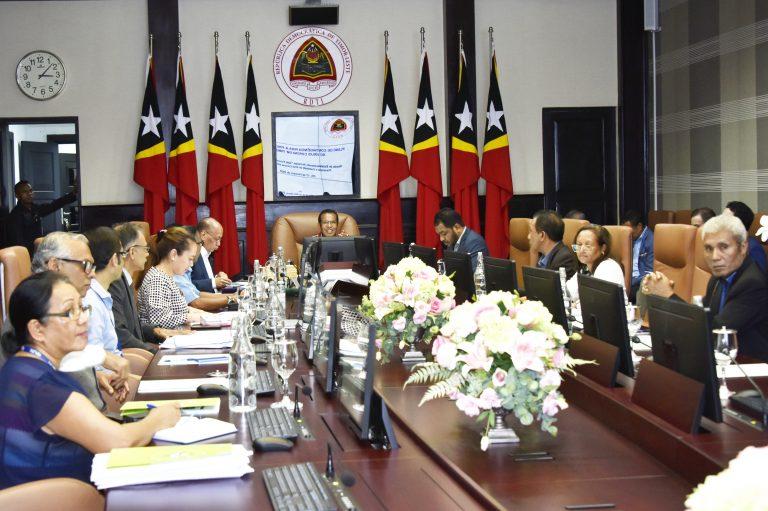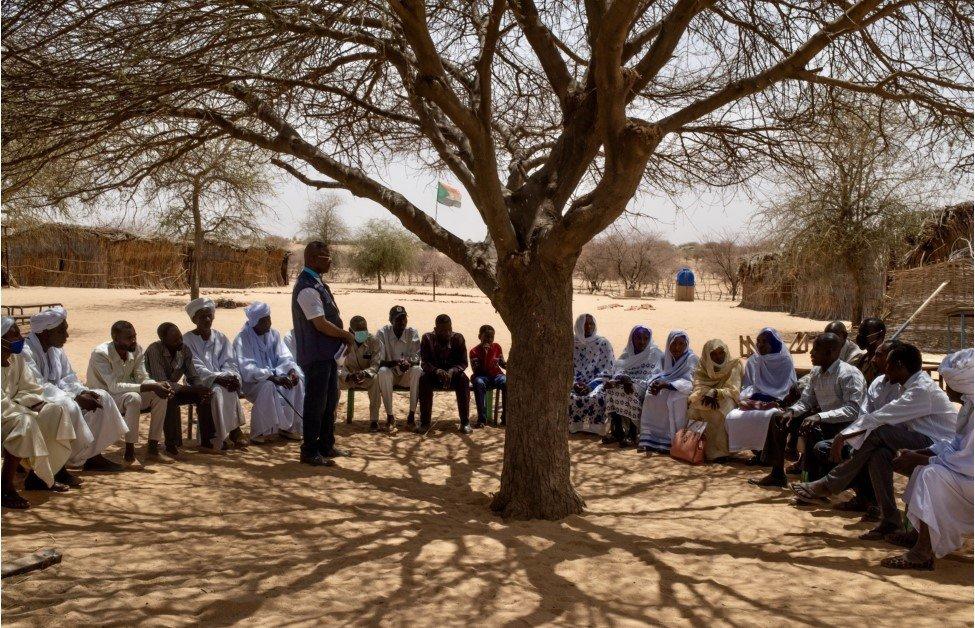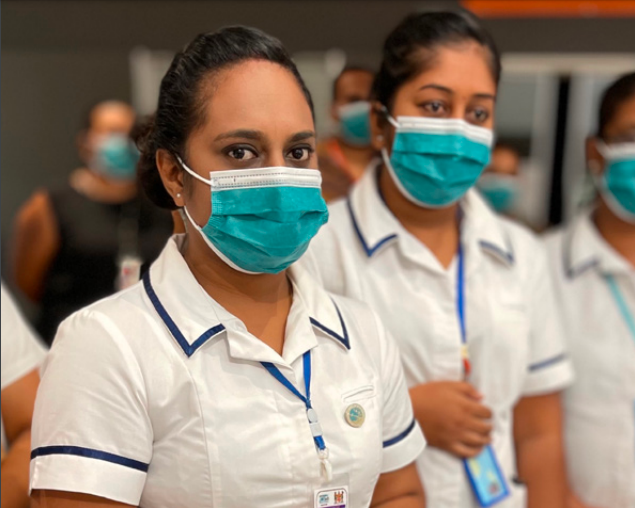The UHC Partnership works with governments to strengthen national health systems so that everyone, everywhere, can get the health care they need without financial hardship.



Accountability
The UHC Partnership benefits from the WHO-wide Joint Working Team that brings expertise and coherence to the work of the global, regional and country offices of WHO. It is an agile network that represents an operational arm, ensuring harmony, alignment and integration of efforts geared towards PHC for UHC implementation at country level.
The live monitoring of the WHO Country Support Plans provides a unique opportunity for WHO and its partners to regularly engage in dialogue on the UHC Partnership’s support. It provides a clear picture of the situation in countries, what processes work or do not work. This supports evidence-based and agile programming that responds to the evolving needs of Member States.
The Multi-donor Coordination Committee (MDCC) provides a visible and transparent mechanism for coordination between WHO and donors of the UHC Partnership. It is a platform to regularly discuss the successes and challenges related to the implementation of major activities, to streamline programmes and align approaches in order to build synergies and prevent duplication of work.
WHO internal High-level Steering Committee was established in 2019 as one of the accountability mechanisms of the UHC Partnership. Its main contributions are to improve alignment and coherence of work at all levels and to ensure strong support from senior management for the implementation of managerial processes.

